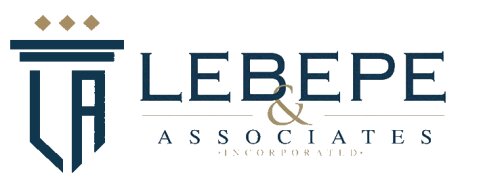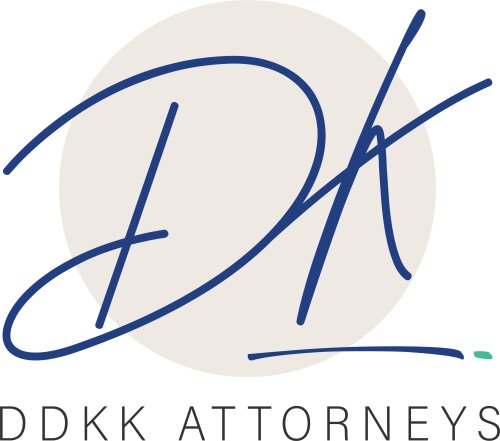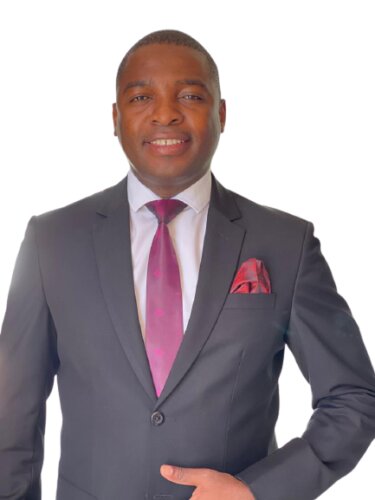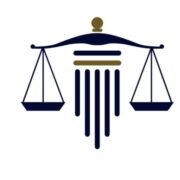Best Disability Lawyers in Polokwane
Share your needs with us, get contacted by law firms.
Free. Takes 2 min.
List of the best lawyers in Polokwane, South Africa
About Disability Law in Polokwane, South Africa
Disability law in Polokwane, South Africa, is designed to protect the rights and ensure the fair treatment and inclusion of individuals with disabilities. This area of law addresses a wide range of issues, including accessibility, discrimination, employment, education, and healthcare. The South African constitution guarantees the right to equality and human dignity, which underpins the legal framework supporting individuals with disabilities. In Polokwane, as in the rest of South Africa, these laws aim to remove barriers and promote opportunities for people with disabilities to participate fully in various aspects of society.
Why You May Need a Lawyer
Seeking legal assistance might become necessary in several circumstances involving disability issues. A lawyer can help navigate complex situations such as instances of discrimination in the workplace, denial of reasonable accommodations, disputes over disability benefits, or challenges in accessing public services and facilities. Legal support is also beneficial when dealing with cases of abuse or neglect involving individuals with disabilities or when you need assistance understanding your legal rights and obligations. Lawyers specializing in disability law are equipped to provide guidance and representation to ensure that the rights of individuals with disabilities are protected and asserted effectively.
Local Laws Overview
The key legal frameworks governing disability rights in Polokwane include the Constitution of South Africa, the Employment Equity Act, the Promotion of Equality and Prevention of Unfair Discrimination Act, and the South African Schools Act. These laws collectively aim to eliminate discrimination and promote the inclusion of individuals with disabilities. Specifically, these laws ensure non-discrimination in employment practices, guarantee equal access to education and facilities, and mandate that public and private sectors make reasonable accommodations. The national and local governments are also tasked with implementing policies that promote accessibility and equal opportunities for all.
Frequently Asked Questions
What constitutes a disability under South African law?
Under South African law, a disability is a physical or mental impairment that is long-term or recurring and substantially limits a person's ability to comply with normal requirements in a work environment or participate fully in society.
What rights do persons with disabilities have in South Africa?
Persons with disabilities have the right to equal treatment, non-discrimination, reasonable accommodation in employment, access to public facilities, and equal access to education and healthcare services.
How can I address discrimination at work due to my disability?
If you face discrimination at work because of your disability, you can lodge a complaint with the Commission for Conciliation, Mediation, and Arbitration (CCMA) or approach the South African Human Rights Commission for guidance and support.
Are there legal requirements for accessibility in public spaces?
Yes, the law requires that public spaces are accessible to individuals with disabilities. This includes provisions for ramps, elevators, and other facilities that accommodate people with different disabilities.
How can I ensure my child with a disability receives appropriate education?
The South African Schools Act mandates that the educational system provides equal access and adequate support to students with disabilities. You can reach out to the Department of Basic Education for assistance in ensuring compliance with these requirements.
What should I do if denied reasonable accommodation by my employer?
If your employer refuses to provide reasonable accommodation, you can file a complaint with the CCMA or consult a lawyer to explore your legal options and potential remedies.
What organizations can help me with disability-related issues in Polokwane?
Organizations such as the South African Federation for Mental Health and Disabled People South Africa provide advocacy, resources, and support to individuals with disabilities and their families.
Can I receive financial support due to my disability?
The South African Social Security Agency (SASSA) provides disability grants to individuals who meet certain criteria related to their disability and financial needs.
How are disability rights enforced in South Africa?
Disability rights are enforced through a combination of self-advocacy, representation by legal professionals, and intervention by governmental and non-governmental organizations dedicated to human rights.
What is reasonable accommodation?
Reasonable accommodation refers to necessary and appropriate modifications and adjustments that do not impose a disproportionate or undue burden, to ensure persons with disabilities enjoy or exercise their rights on an equal basis with others.
Additional Resources
Several resources can provide further assistance and information, including:
- The Department of Social Development, which oversees policies and programs for individuals with disabilities.
- The South African Human Rights Commission, which addresses human rights complaints and violations.
- Non-profit organizations like the QuadPara Association of South Africa (QASA) and the South African Disability Alliance (SADA) that advocate for the rights of persons with disabilities.
- The local branches of the CCMA, which provide mediation and arbitration services for employment-related disputes.
Next Steps
If you need legal assistance with a disability issue in Polokwane, consider reaching out to a lawyer specializing in disability rights. It is essential to gather any relevant documentation and evidence related to your case. You can also contact advocacy groups for advice and support. Visiting the Legal Aid South Africa offices can be a helpful step, as they offer legal assistance to those who qualify. Schedule a consultation to discuss your case and explore potential legal actions or remedies available to you.
Lawzana helps you find the best lawyers and law firms in Polokwane through a curated and pre-screened list of qualified legal professionals. Our platform offers rankings and detailed profiles of attorneys and law firms, allowing you to compare based on practice areas, including Disability, experience, and client feedback.
Each profile includes a description of the firm's areas of practice, client reviews, team members and partners, year of establishment, spoken languages, office locations, contact information, social media presence, and any published articles or resources. Most firms on our platform speak English and are experienced in both local and international legal matters.
Get a quote from top-rated law firms in Polokwane, South Africa — quickly, securely, and without unnecessary hassle.
Disclaimer:
The information provided on this page is for general informational purposes only and does not constitute legal advice. While we strive to ensure the accuracy and relevance of the content, legal information may change over time, and interpretations of the law can vary. You should always consult with a qualified legal professional for advice specific to your situation.
We disclaim all liability for actions taken or not taken based on the content of this page. If you believe any information is incorrect or outdated, please contact us, and we will review and update it where appropriate.












